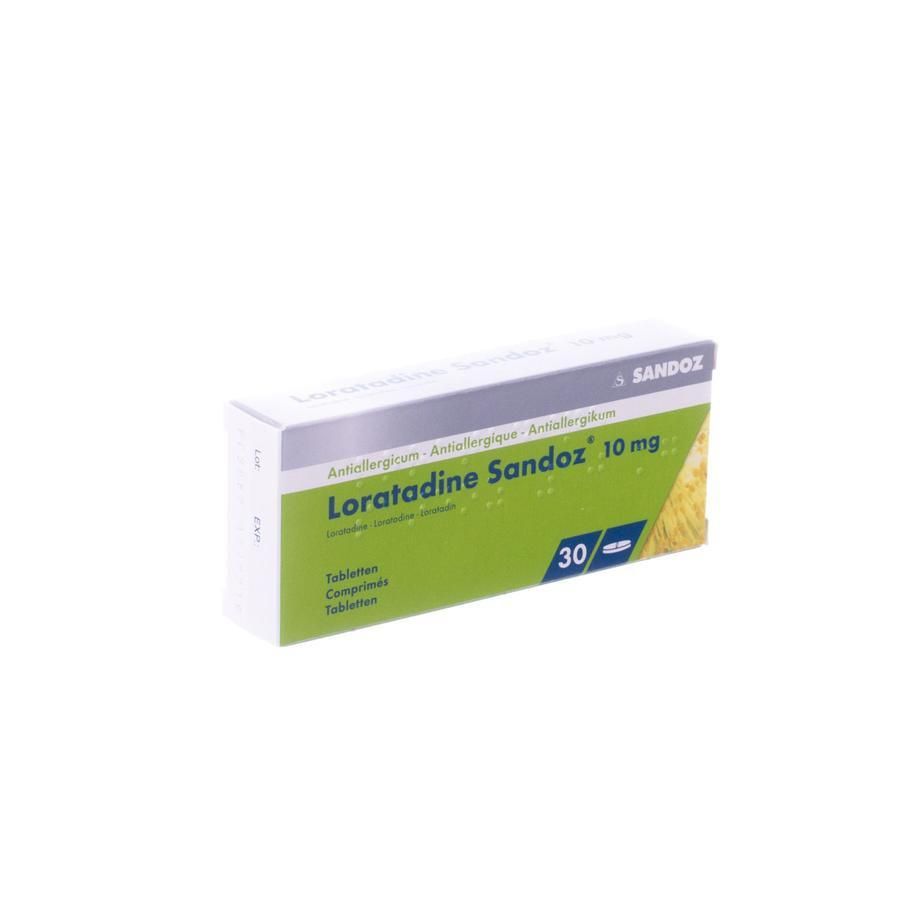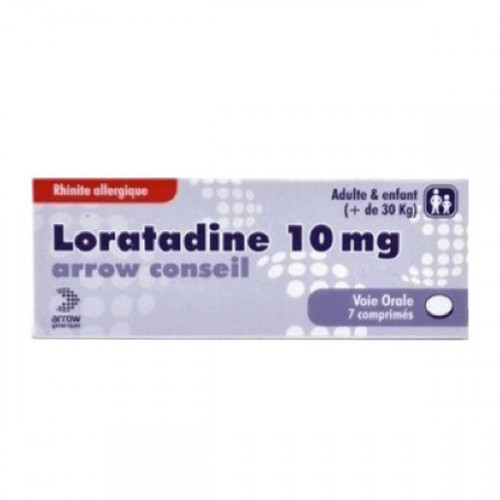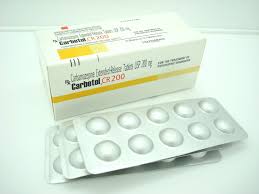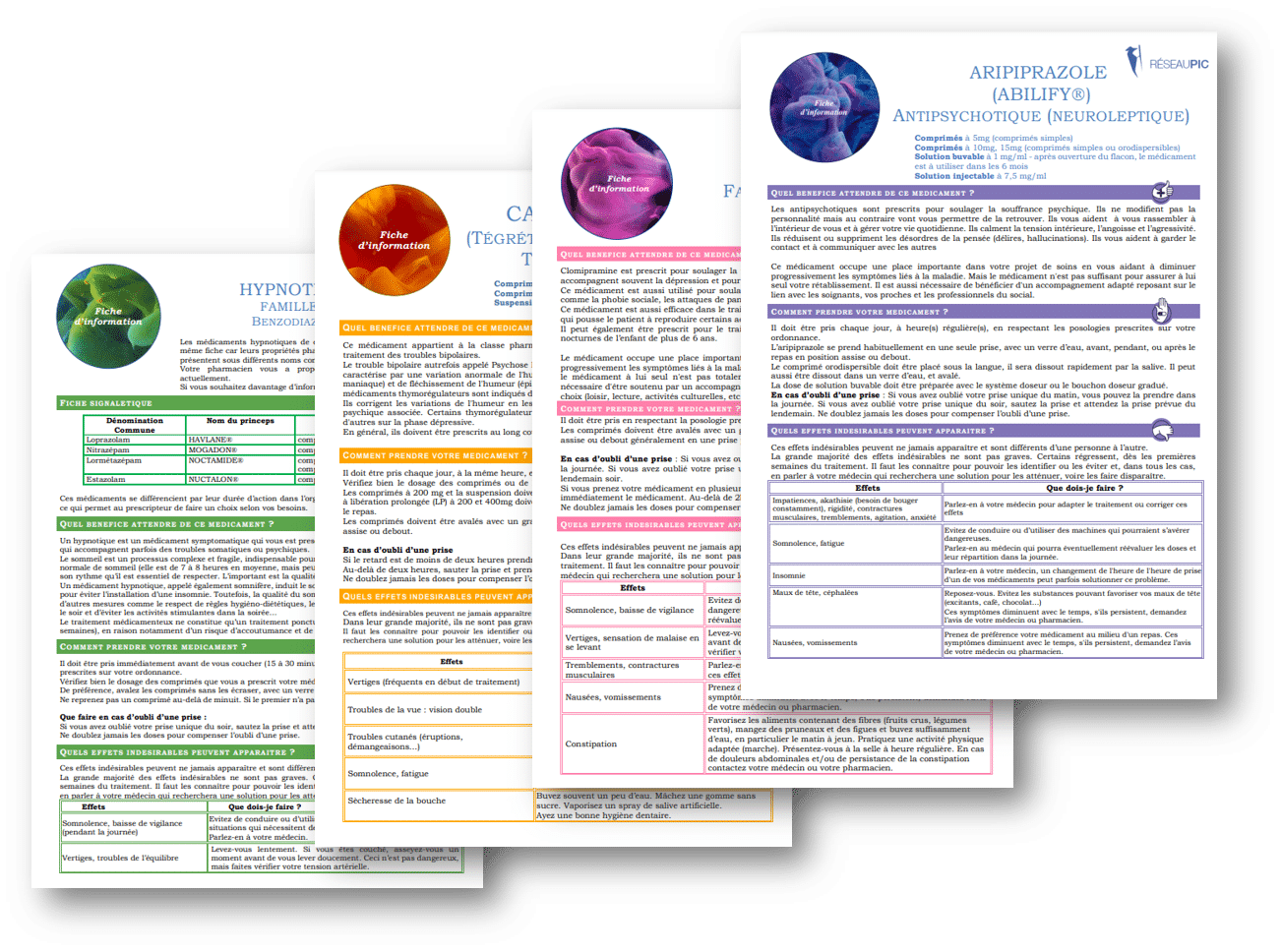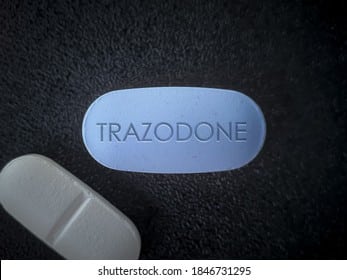Prescribing medication is a serious act, and each patient must be aware of the treatments they receive. There loratadine, a widely used antihistamine, is often recommended to relieve symptoms of allergies, such as those linked to allergic rhinitis. Despite its notorious effectiveness, it is essential to understand not only its benefits, but also its side effects potential.
As part of a medical consultation, loratadine is prescribed to provide relief from allergic reactions. Indeed, this medication can help reduce itching and hives, thus improving the daily lives of people suffering from seasonal allergies. However, like any active substance, it can cause adverse reactions in certain individuals. Understanding these side effects is crucial for making informed treatment decisions. Therefore, this article aims to explore the different aspects of loratadine, highlighting its directions, his contraindications and the associated risks to its use. This knowledge is essential to guarantee optimal and secure care.
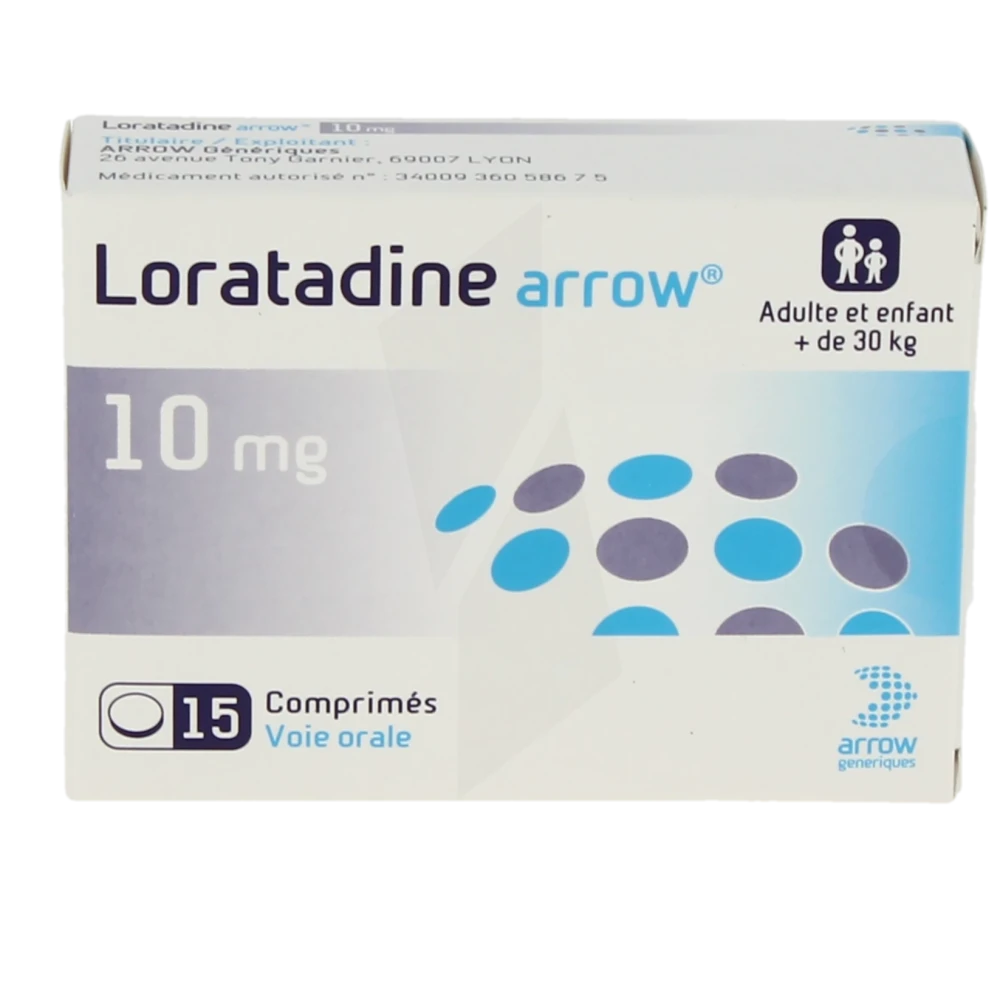
There loratadine is an antihistamine medication commonly prescribed to relieve symptoms of allergies, such as allergic rhinitis and hives. This treatment is popular due to its effectiveness and generally considered favorable side effect profile. However, it is essential to understand not only its indications, but also its contraindications, as well as the potential side effects that may occur.
Indications and prescription of loratadine
Loratadine is primarily prescribed to treat allergic conditions. It works by blocking the action of histamine, a chemical that the body releases in response to an allergen. Typically, this medication is recommended to manage symptoms such as runny nose, sneezing, pruritus (itching) and tearing. Treatment is often indicated for seasonal allergies, commonly known as hay fever, but can also be applied for skin allergies such as hives.
Before prescribing loratadine, it is crucial that the doctor evaluates the patient’s medical history. Certain conditions, such as galactose intolerance, lactase deficiency or various syndromes, may contraindicate the use of this medication. Therefore, prior consultation with a healthcare professional is essential to ensure that loratadine is a safe option.
In general, the recommended dose for adults and children over 12 years old is 10 mg per day. Here are some examples of how loratadine is used in various situations:
- Allergic rhinitis:
- Urticaria: Reduction of associated itching and inflammation.
- Seasonal allergies: Reduction of symptoms encountered outdoors during certain seasons.
- Urticaria: Reduction of associated itching and inflammation.
- Seasonal allergies: Reduction of symptoms encountered outdoors during certain seasons.
Side effects and precautions
As with any medication, the loratadine may cause undesirable effects. The most commonly reported side effects include drowsiness, headache, and increased appetite. Although loratadine is known to cause little drowsiness, some people may still experience this sensation, especially when taken in high doses or in combination with other depressant substances.
Less common side effects include:
- Palpitations: Sensations of a fast or irregular heartbeat may be experienced.
- Nausea: Feelings of discomfort or possibly vomiting.
- Gastric inflammation: Irritation of the gastric mucosa may occur, causing abdominal discomfort.
It is also crucial to mention certain groups of patients who should avoid loratadine. For example, those with a galactose intolerance or digestive problems such as Lapp lactase deficiency should consult their doctor before opting for this treatment.
Drug interactions are another important aspect to consider. Loratadine may interact with certain medications, potentially increasing the risk of side effects. Drugs that loratadine may interact with include antidepressants, sedatives, and other antihistamines. It is therefore strongly advised to keep your healthcare professional informed of all medications you are taking before initiating treatment with loratadine.
For more information regarding medications, you can consult these resources: Health resources, FAGG, ANSM, Public drug database, Santé.fr.
Loratadine may be an effective option for treating allergic symptoms. However, it is of the utmost importance to take into consideration the side effects potential, follow medical prescriptions, and inform your doctor of any current health conditions or medications before starting treatment. Make sure you have a good understanding of the benefits and risks, which will allow you to enjoy the positive effects of loratadine while minimizing unwanted risks.
